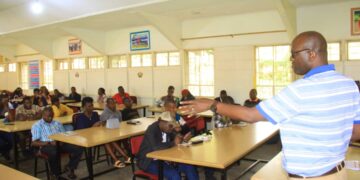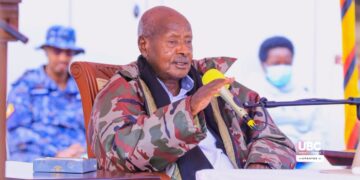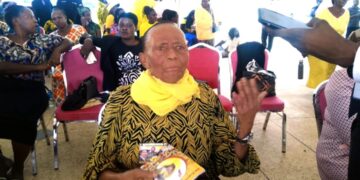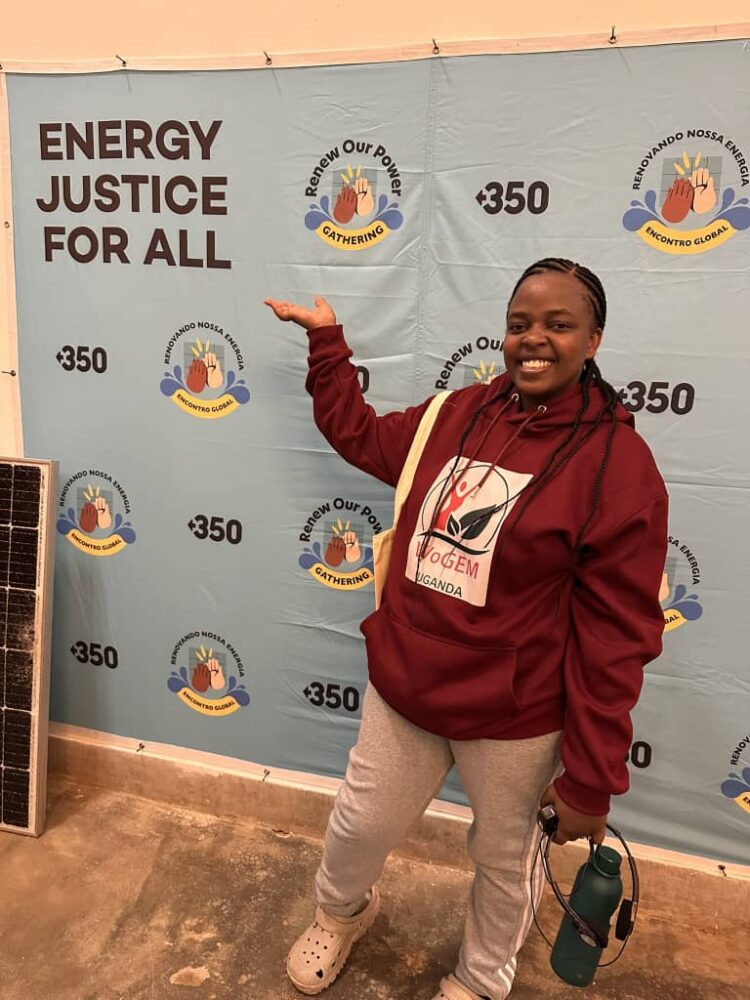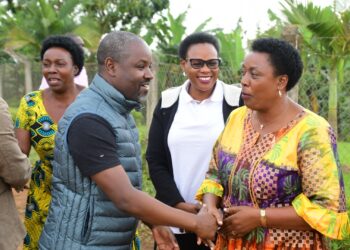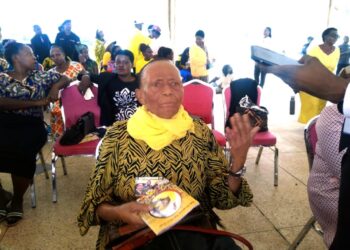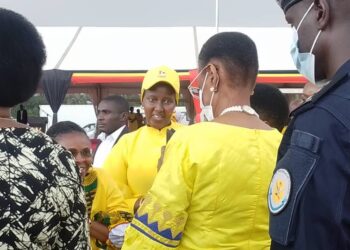OPINION
As the world gathers for COP30, feminist voices are rising firm, clear, and unshaken. From the farmlands of Uganda to the floodplains of Bangladesh and the drought-hit villages of Kenya, women are saying what should be obvious by now there is no climate justice without gender justice.
For too long, climate decisions have been made in distant rooms by people who will never feel the sting of dry wells or the weight of a failed harvest. Meanwhile, women, especially in rural communities, are living the crisis every day. We are the smallholder farmers watching crops wither in the sun, the mothers walking further each year to fetch water, the activists standing up to powerful companies polluting our rivers and forests. Yet, when it comes time to make the decisions that shape our futures, our voices are often missing from the table.
At COP30, feminists are not coming to be seen or to be thanked we are coming to be heard and to lead. We are demanding climate policies and financing frameworks that center the rights, leadership, and wellbeing of women and girls. True transformation means shifting power, resources, and decisions to those who are living the realities of this crisis and leading solutions in their communities.
First and foremost, climate finance must reach grassroots women. It’s important to note that every year, billions are pledged for climate action. Yet little of that money reaches the women holding their families and ecosystems together. Complicated systems, endless forms, and exclusionary rules keep grassroots women’s groups locked out. We’re asking for flexible, direct funding that trust women, support their ideas, and strengthen their resilience. Climate finance must be gender-just, not just gender-aware.
More so, women’s voices must shape climate policy and governance, A just transition cannot be planned in air-conditioned boardrooms far from the soil it’s meant to heal. Women from local and Indigenous communities know what resilience looks like they practice it daily and so they must be intentionally involved, their knowledge of farming, water, and community survival is priceless. From local councils to global negotiations, their voices belong at the center of climate governance, not at the margins.
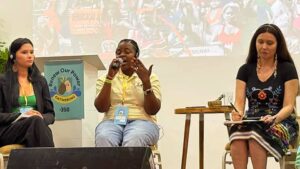
Health, wellbeing, and intergenerational healing must be prioritized. It’s important to note that Climate change doesn’t just destroy crops and homes but it also breaks spirits. Many women activists and defenders face burnout, violence, and trauma as they fight to protect their land and people. Feminist climate action must care for the caretakers. It must include mental health, safety, and collective healing as part of resilience. Because a broken body and spirit cannot sustain justice and the pain of one generation must not be passed to the next. Communities must be supported physiologically.
In addition, Feminists demand accountability and transparency, we are tired of promises without progress. Gender equality cannot live in the footnotes of climate policy. We need governments and corporations to show, not tell with clear budgets, measurable outcomes, and data that prove women and girls are benefiting. Accountability is not a threat; it is a sign of respect. They should ensure that financial mechanisms are in place for grassroots to benefit from climate finance as pledged.
Furthermore, a truly just transition must dismantle systems of oppression. The green economy cannot be built on the same old foundations of inequality. Moving from fossil fuels to renewables means nothing if we carry patriarchy, exploitation, and exclusion with us. Feminists envision a transition that values care over consumption, cooperation over competition, people and planet over profit.
At Women for Green Economy Movement Uganda, we see these truths every day. Women are already leading on climate action such planting indigenous and fruit trees to reduce on the carbon gas emissions and for food security, building Renewable Energy Hubs such improved cook stoves to reduce on the level of deforestation , provide alternative for cooking hence reducing on the unpaid care work of women and reducing on the their health issue, we have also seen women use their indigenous knowledge to adapt and mitigate climate crisis through water harvesting when it rains, weaving eco-friendly baskets to reduce on plastic pollution, restoring wetlands, and holding communities together through crisis. The solutions are here; they simply need recognition, support resources, and political will.
All these local solutions are not only for climate resilience but also for social economic development hence improving their livelihood.
As leaders gather in Brazil for COP30, we remind them: the fight for climate justice is the fight for life itself. It is not charity, not negotiation it is survival, dignity, and the right to thrive. The time for rhetoric is over. Feminists are not asking for a seat at the table; we are building a new one inclusive, just, and rooted in care. Because climate justice will only be real when women’s rights, voices, and leadership shape every part of the world we are trying to save.
For and my Country.
By Ireen Twongirwe,
The writer is the Executive Director
Women for Green Economy Movement (WOGEM ) Uganda.
















